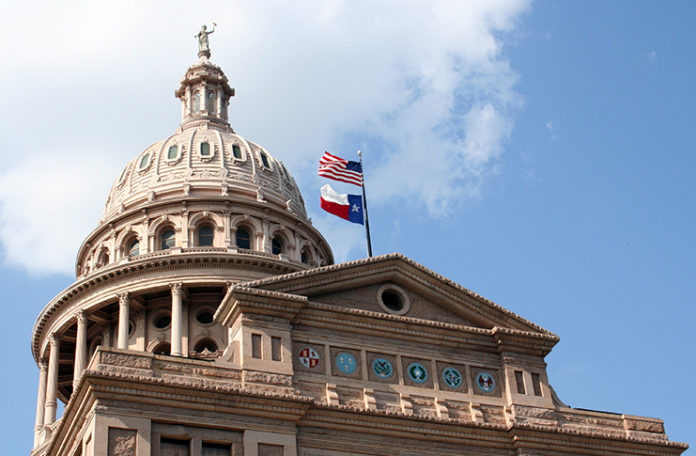
When the Texas Legislature convenes in January, members will be tasked with addressing numerous challenges facing the state. Some are addressed every biennium – passing a budget, financing schools, debating taxes. In addition to these traditional challenges, Texas has some work to do regarding state laws and local ordinances that place unnecessary regulatory burdens on employers and workers.
Texas prides itself on businesses’ ability to operate with limited government intervention.
Texas ranks middle of the nation for regulatory freedom and 49th in the nation for occupational licensing requirements.
Three months prior to the start of the legislative session, lawmakers are already promising to unleash businesses and workers of some of these burdens. Specifically, Rep. Paul Workman, whose district includes parts of the city of Austin, has promised to introduce legislation to reverse ordinances passed by the cities of Austin and San Antonio that require employers to offer paid sick leave to employees.
Rep. Workman cites this ordinance as “an overreach” by municipalities that “trample[s] on the rights of the citizens.” Business groups believe that businesses should select their own benefit packages, designed around company and employee needs, while employee advocates “cite research that shows giving sick days to employees prevents the spread of illness in the workplace, reduces turnover and saves employers money by minimizing lost productivity.”
And while City of Austin ordinances tend to generate the most press for the city (last session they lost a fight with legislators regarding regulation of transportation network companies), the State of Texas itself isn’t completely innocent of regulating employers and workers.
In fact, the state ranks 49th in the nation for occupational licensing requirements. Many of these regulatory requirements are advocated by professionals already employed by the industry, so lawmakers have historically been receptive to licensing requirements. But in many cases, the motivation behind these requirements is self-preservation: by making access to professional licensing more difficult, those already involved in the industry are protected from increased competition.
Fortunately, a handful of lawmakers have been slowly untangling some of these licensing requirements, including requirements for hair braiding and washing, and speech pathology and audiology.
Approximately 500 occupations in Texas, representing more than 20% of the state’s workers, require occupational licenses. The 2019 legislation session presents an opportunity for those numbers to decrease and for the state’s presentation as a beacon of “economic freedom” to become closer to reality
To learn more about Texas Interim Committees, check out the rest of this series:
- Part One dives into how Hurricane Harvey will impact the legislature.
- Part Two expounds upon the budget process.
- Part Three discusses Texas’s healthcare and funding.





